These are the Best Games Did Not Sell Well

It’s always great when you hear your favorite video game has become a commercial success. Besides earning the accolades it more than deserves, it also assures the opportunity of seeing a continuation in the future. Of course, for every game that exceeds sales expectations, there are just as many that sadly underperform, despite receiving positive feedback.
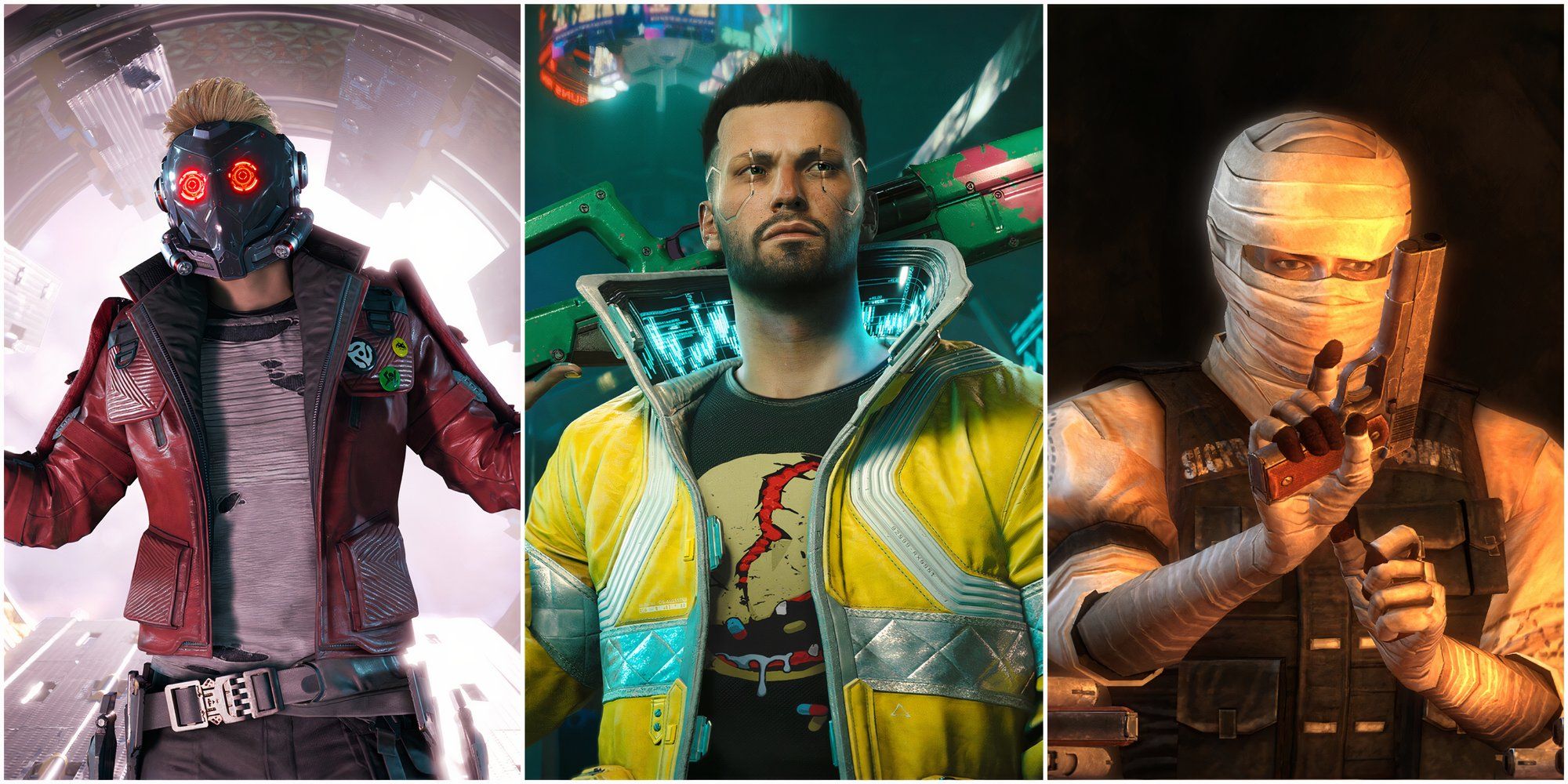
Related
10 Best RPG Shooters That Perfectly Blend The Genres
Lock and load. It’s time to choose the top RPG shooters that combine the best of both genres.
There are plenty of reasons why a good game can become a financial flop. Sometimes it’s due to poor marketing, being released at the wrong time, or the money it made didn’t meet its budget. Sure, they might achieve cult classic status as a sleeper hit, but it still stings to discover a fantastic game only to learn of its disastrous launch, as these amazing examples will show. For this list, each entry will be ranked by how poorly it sold worldwide.
Estimated copies sold are condensed into a whole number. Actual revenue may vary from what is shown.
10
Shenmue
Estimated Copies Sold: 1.2 Million
The first Shenmue pioneered many gaming elements players take for granted nowadays, receiving critical acclaim for its pacing, quick time events, combat, voice acting, and storytelling. Even after two decades, Shenmue remains one of the most recognized titles in the Sega library. Though it managed to sell over a million copies, the game failed to recoup enough to pay for its bloated budget.
It’s estimated that the original Shenmue cost around $50 to $70 million to develop, which was enormous for a video game in 1999. It certainly didn’t help matters that Shenmue was released for the Sega Dreamcast, which was already underperforming compared to the GameCube, PS2, and Xbox. Fans lucked out that Shenmue II was already in development alongside the original, but due to both games’ poor financial performances, Shenmue III didn’t see the light of day until 2019.
9
Earthbound
Estimated Copies Sold: 658,000
When you look up the greatest games of all time, you’ll usually see Earthbound. Along with its unique battle system, Earthbound features a breathtaking yet mature story with interesting characters, blending humor and horror. Its brilliant ideas went on to inspire future titles like Undertale. So, compared to the other Super Nintendo classics, why wasn’t Earthbound an instant hit?
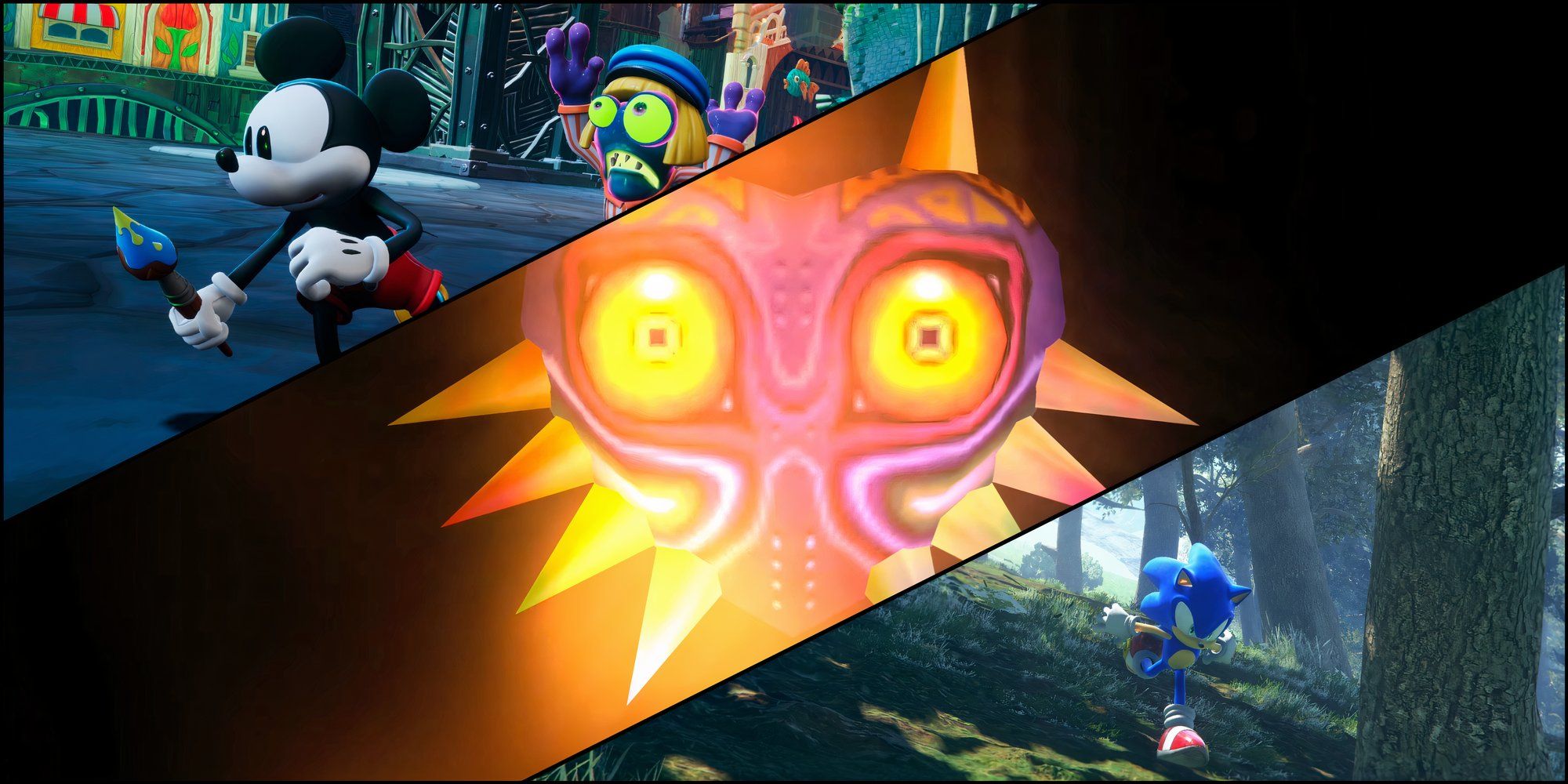
Related
10 Darkest Games Meant for Kids
Just because these games were made for kids doesn’t mean they aren’t afraid to handle some seriously mature content.
For starters, the game was alienated by consumers and marketers for its contemporary setting and being too strange. Common in games nowadays, but at the time, the biggest-selling RPGs were all fantasy-based, like Final Fantasy and Dragon Quest. Another contributing factor was the price. The original Earthbound came in an oversized box featuring the game and a player’s guide, which raised the price up to around $70 – $85 in North America. For 1994, that was way too much for an unknown product when you could pick up a regular game for around $50.
8
Grim Fandango
Estimated Copies Sold: 500,000
Grim Fandango is widely regarded as one of the greatest point-and-click adventure games around. Players follow the adventures of Manny Calavera in the Land of the Dead. Blending the genres of comedy, mystery, and film noir, the original game was developed and published by LucasArts, the same company behind the Monkey Island and Star Wars games. So, why isn’t Grim Fandango more well-known?
Despite receiving critical acclaim and being backed by a renowned studio, the big contributing factor to Grim Fandango’s poor sales can be attributed to timing. The game was released in October 1998, and by this point, computer point-and-click adventures were starting to lose their audience. To top it all off, the game had stiff competition. 1998 was the same year as such releases as The Legend of Zelda: Ocarina of Time, Half-Life, Metal Gear Solid, Baldur’s Gate, and many more.
7
Beyond Good and Evil
Estimated Copies Sold: 500,000
Set in a dark future of 2435, Beyond Good & Evil follows the captivating story of Jade, a young woman hunting for the truth in a world with anthropomorphic animals, aliens, and government conspiracies. Its easy-to-understand gameplay and phenomenal soundtrack had players hooked from the beginning, while its ending had them screaming for a sequel, which, at the time of this article, has yet to be seen.
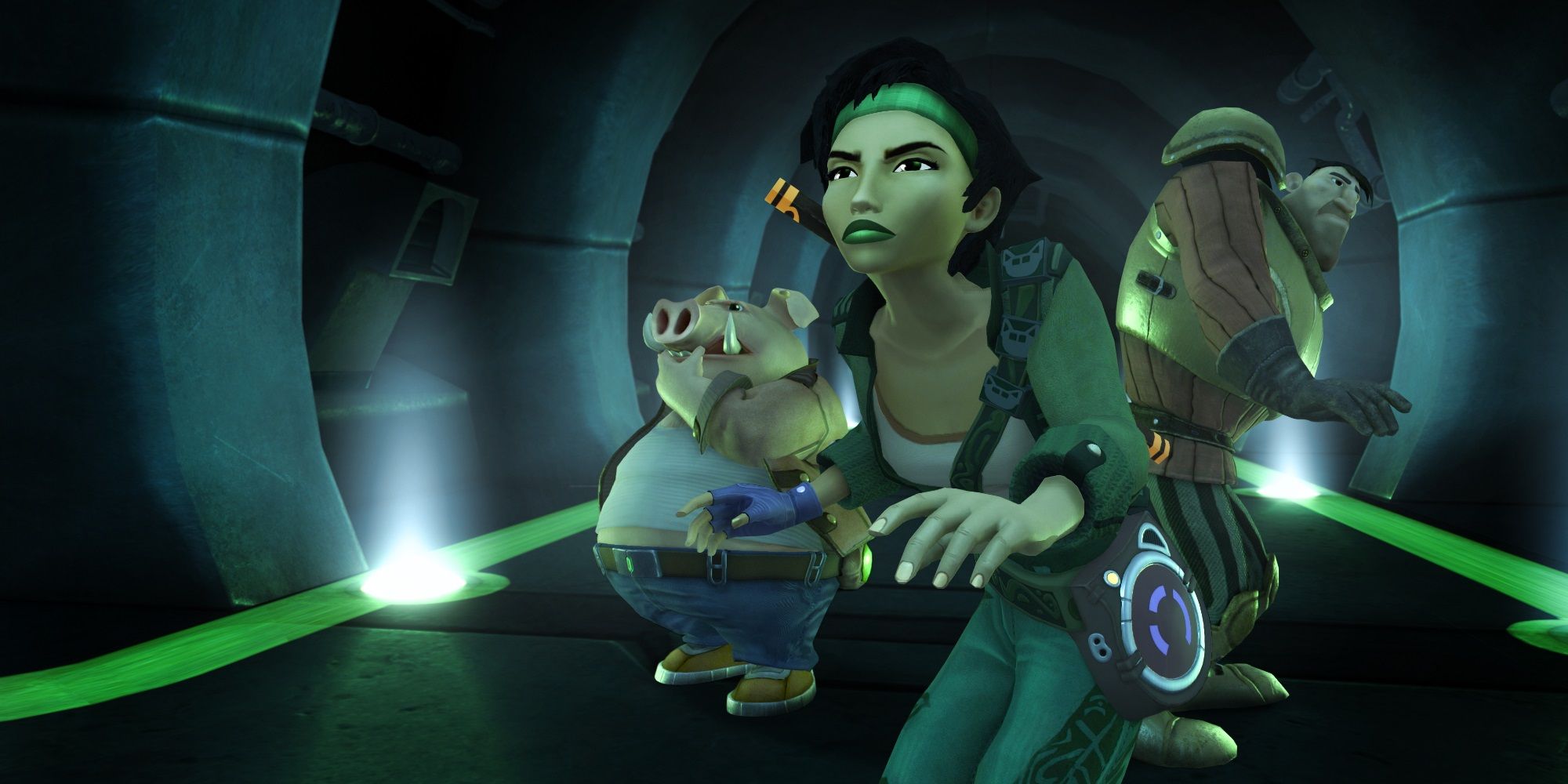
Related
Review: Beyond Good & Evil 20th Anniversary Edition
This is the best way to play Ubisoft’s cult classic Beyond Good & Evil, but a few issues plague the experience.
Despite hitting all the correct checkmarks that make a quality game, Beyond Good & Evil went unnoticed for years. Why? Well, call it a lack of faith or poor decision-making, but the developer and publisher behind the game, Ubisoft, failed to make Beyond Good & Evil stand out from the overabundance of titles saturating the industry back in 2003.
6
Eternal Darkness: Sanity’s Requiem
Estimated Copies Sold: 400,000
Eternal Darkness: Sanity’s Requiem has unfortunately fallen into the realm of lost media, despite being hailed as a must-play forgotten horror game. This Lovecraft-inspired title combines cosmic horror storytelling with a terrifying insanity system, featuring a lengthy story as you follow individual characters over two millennia. Exclusive to the GameCube, Eternal Darkness also stands out as the first M-rated video game to be published by Nintendo, not a third party.
Sadly, since the game was confined to one console, it went overlooked compared to other notable titles on the GameCube. It certainly didn’t help matters that the developer behind Eternal Darkness, Silicon Knights, was struggling with internal issues until declaring bankruptcy in 2014. With Silicon Knights gone, Nintendo owns the horror IP, and so far, Eternal Darkness has yet to receive a continuation, a remaster, or even a rerelease.
5
System Shock 2
Estimated Copies Sold: 330,000
The System Shock games redefined first-person shooters by introducing role-playing elements, and System Shock 2 is considered a brutal yet remarkable masterpiece. Starting with nothing, you level up your character using the skill tree and upgrades you come across, all while gathering better gear and weapons in a dark and horrific future. Were it not for System Shock 2, games like Bioshock or Fallout 3 might never have happened.
Despite receiving never-ending praise and positive reviews from critics, the game only managed to sell 58K copies in less than a year. Since System Shock 2 was exclusive to the PC, its appeal only reached a niche audience. Players were deterred by the game’s new mechanics as well. Though the game was a pioneer in changing the FPS genre forever, these ideas were difficult for new players to grasp, which is why many found it too challenging to get into.
4
Okami
Estimated Copies Sold: 300,000
If you’re familiar with Capcom, you’re familiar with their successful franchises. Of all their games, however, Okami languished in obscurity for a long time. The game is considered Capcom’s most artistic creation for its breathtaking design, based on Japanese ink paintings and mythology. Taking the role of a white wolf, players venture to save feudal Japan. Using a Celestial Brush, players were able to create drawings they could use in solving puzzles, combat, and healing the land.
The design and execution garnered love and acclaim, but sadly, it didn’t sell. Due to little marketing, most players weren’t aware of the game’s existence until they saw it in stores, online game footage, or word of mouth. Okami also got overlooked due to the timing, releasing in 2006, the same year the PlayStation 3 and Nintendo Wii launched, meaning players and companies were more focused on the next generation of games.
3
Spec Ops: The Line
Estimated Copies Sold: 140,000
Spec Ops: The Line is one of the more obscure cult favorites. Unless you’ve played it, the game looks like any other generic third-person shooter. That is a trick—Spec Ops: The Line is one of the few war games that truly captures the trauma and horror of war. Though the combat ranges from challenging to mundane, the game excels with its incredible writing and voice acting. To this day, fans still debate and theorize over its disturbing plot.
As for why it wasn’t a major hit, you can attribute it to bad marketing, but then again, Spec Ops: The Line feels like a hard game to market. Unless you’re willing to spoil the disturbing twists and turns throughout the story, it’s tricky marketing a third-person shooter that focuses on the atrocities of war. It would be like if the second Modern Warfare from 2009 marketed itself only using footage from the controversial airport level.
2
Conker’s Bad Fur Day
Estimated Copies Sold: 55,000
Conker’s Bad Fur Day is often referred to as the Monty Python of video games. The mascot platformer subverted the genre with its adult and satirical humor. The soundtrack was catchy, the story was interesting, and the game dared to carry an M rating on the Nintendo 64 console. Despite all the attention and controversy it was garnering, Conker’s Bad Fur Day was commercially unsuccessful.
Since it was aiming for a more mature audience, the game alienated young consumers, and you can bet that parents took umbrage at having a game like this on a console geared towards children. Yet the final kiss of death for Conker’s Bad Fur Day was the timing of its release: March 5, 2001. By now, the Nintendo 64 was at the end of its lifespan, and six months later, Nintendo launched the GameCube. It also didn’t help that the game was priced at $60 too.
Honorable Mention: The original Psychonauts was a groundbreaking title that sadly only managed to reach an estimated sales of 1.7 million. Still, unlike other games on this list, Psychonauts managed to gain a spin-off and a sequel.
1
Shadows of the Damned
Estimated Copies Sold: 24,000
Shadows of the Damned puts the range in deranged. A horror game littered with demons, violence, and disturbing imagery, all while possessing a humorous charm. You play as Garcia Hotspur, a Mexican demon hunter who ventures into the City of the Damned to rescue your girlfriend. At your side is your demonic companion, Johnson, who can transform into various weapons to aid in battle.
It was dark, it was cheesy, it was fun, but it was sadly a disaster. The game’s creator, Goichi Suda (Suda51), was constantly butting heads with EA over the game’s development, which unfortunately impacted the final product. This did little to inspire EA’s faith in the project, leading to their marketing team doing a lackluster job promoting Shadows of the Damned. Ultimately, only fans of Suda’s work purchased the game, which fell short of meeting sales expectations.
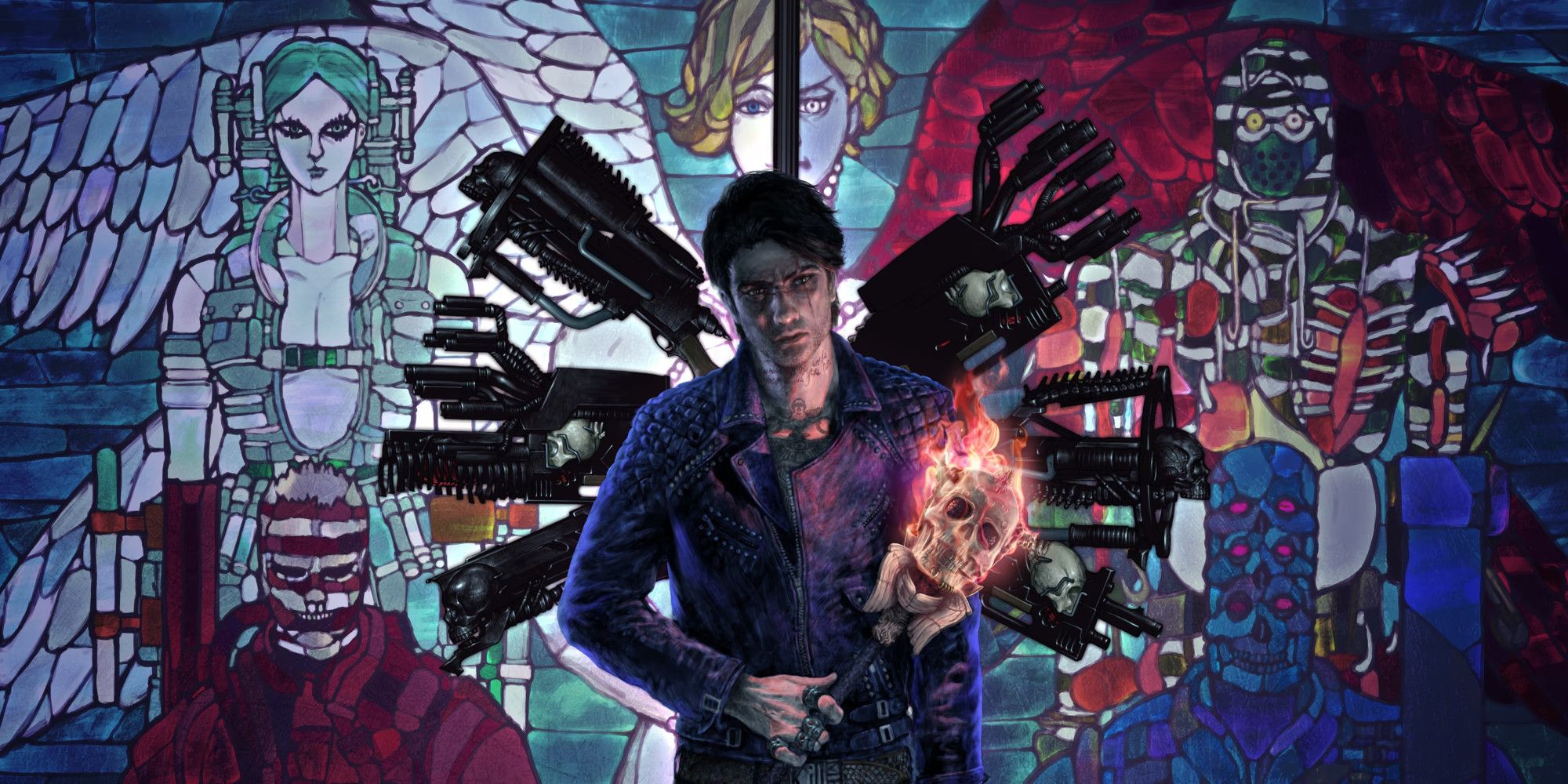
Next
Review: Shadows of the Damned: Hella Remastered
In addition to improving the control layout, Shadows of the Damned: Hella Remastered includes new looks for Garcia Hotspur.

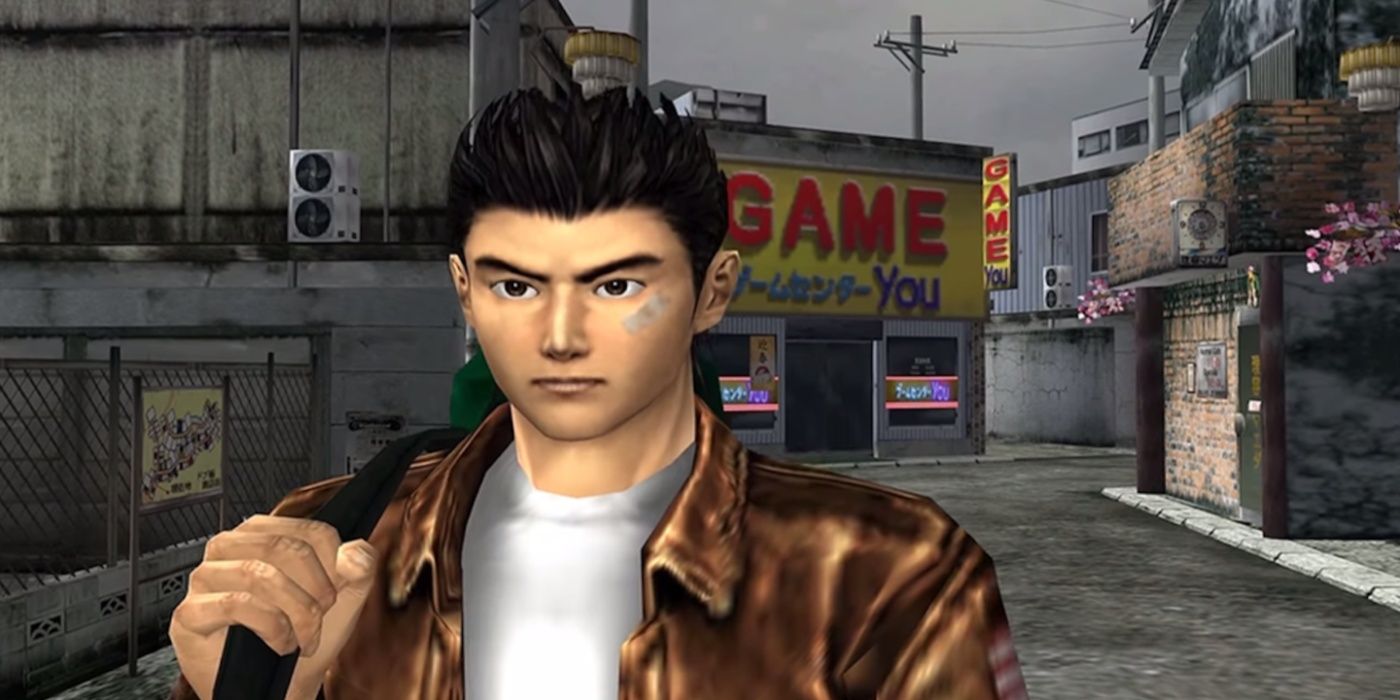
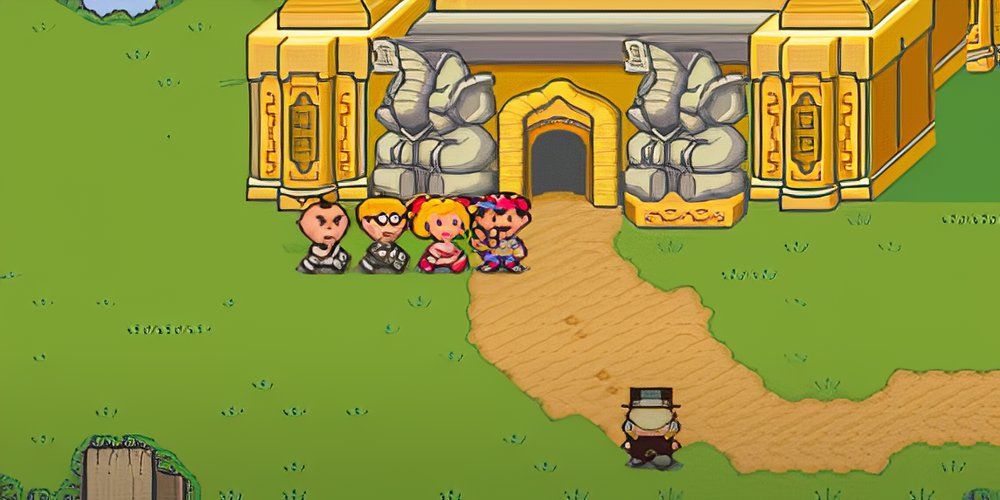
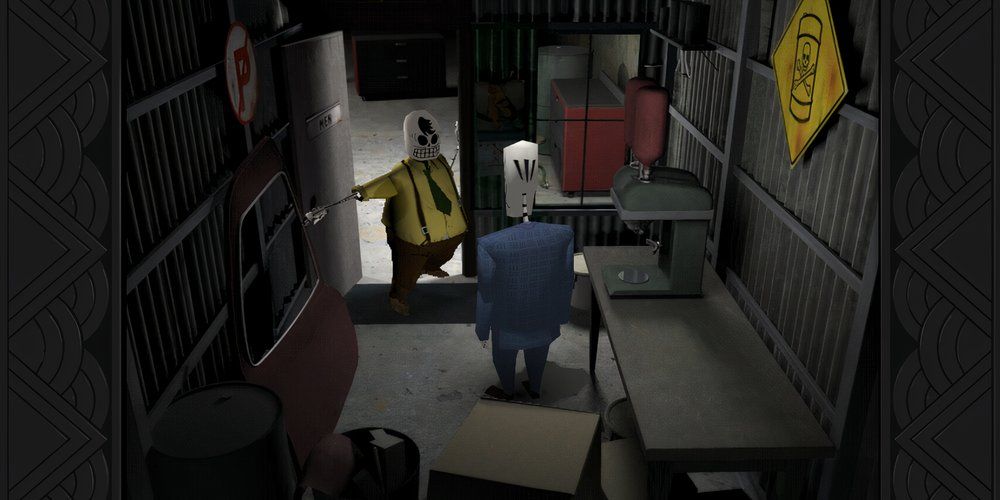
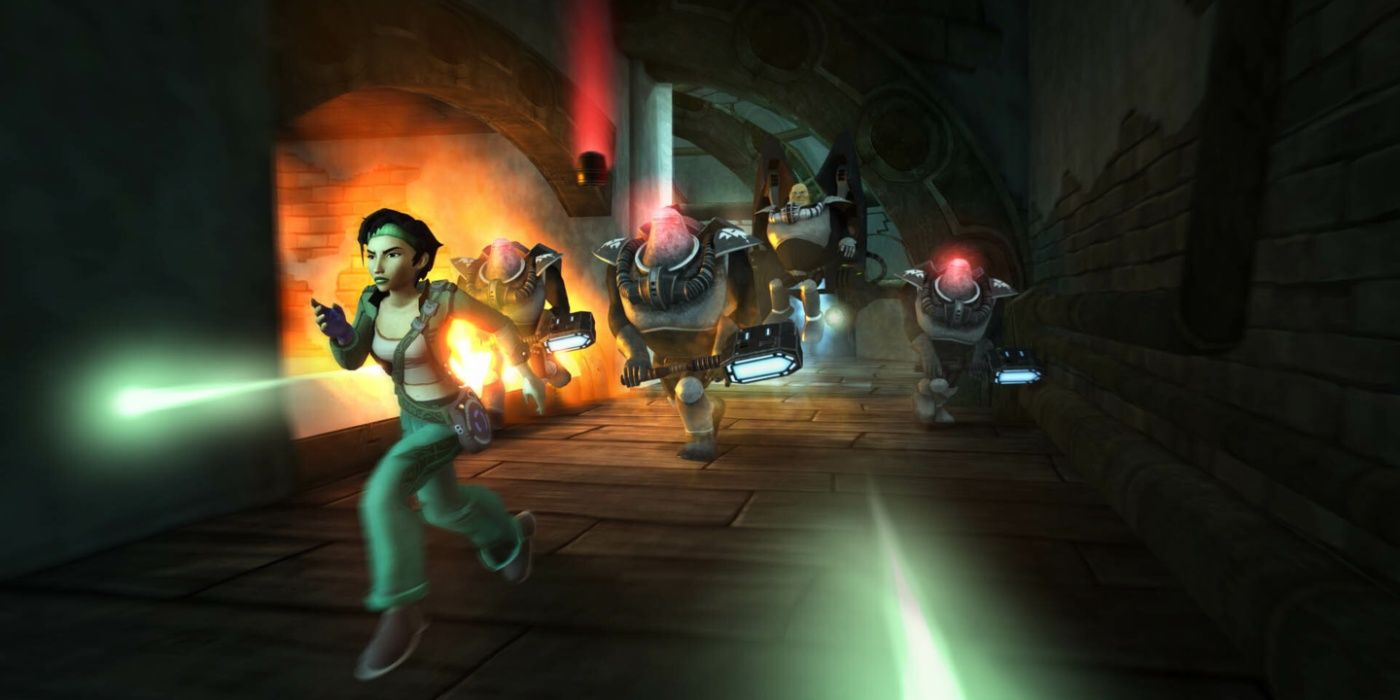
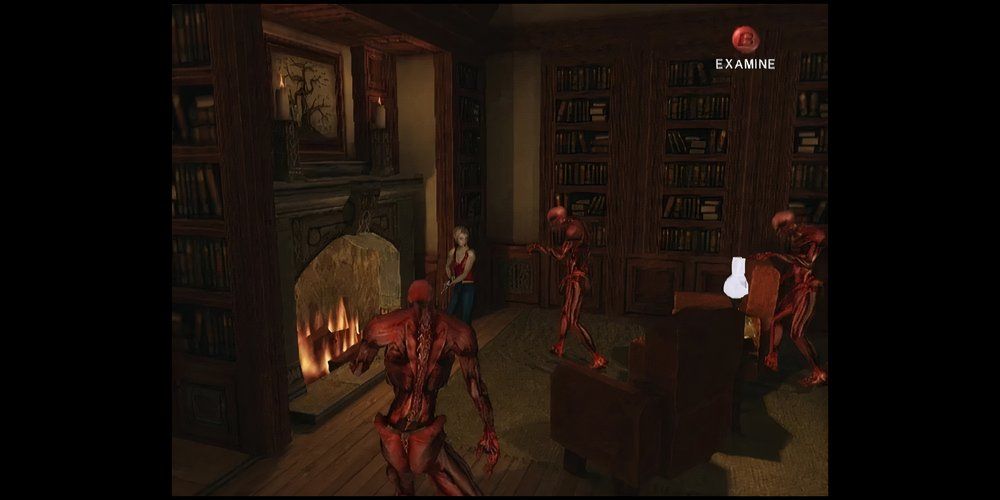
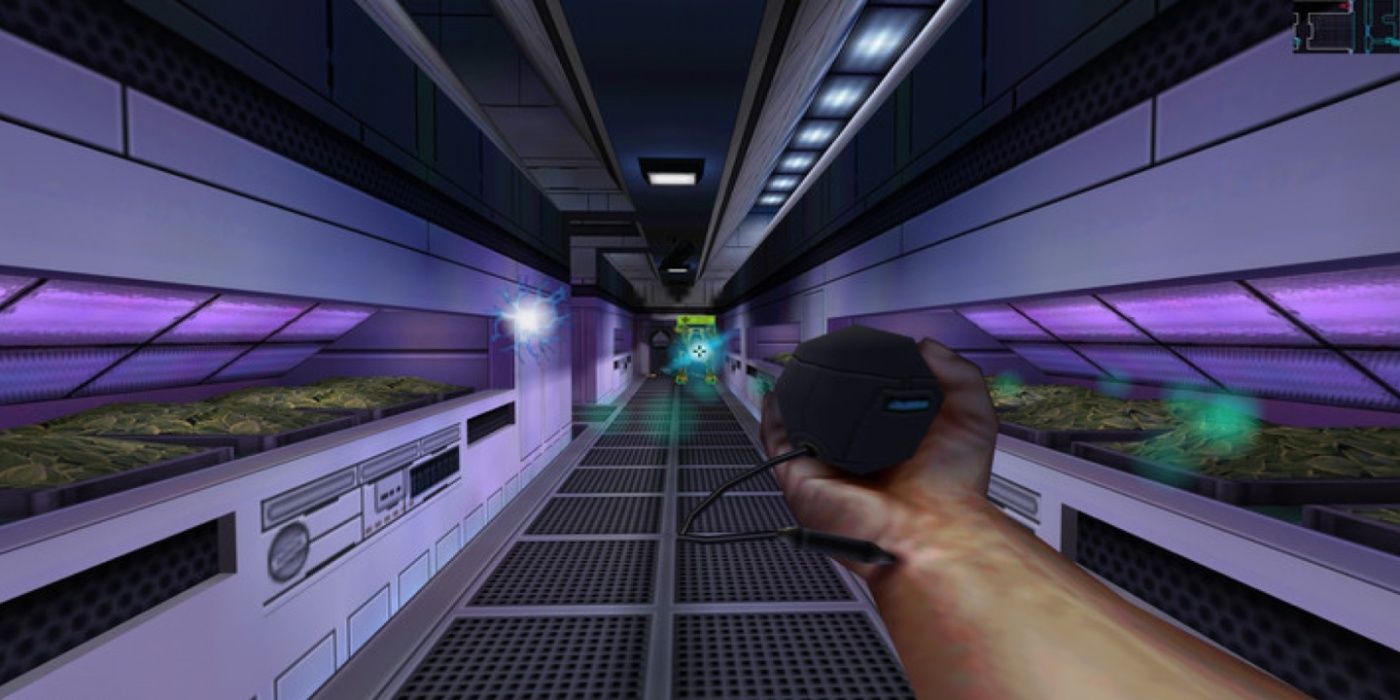
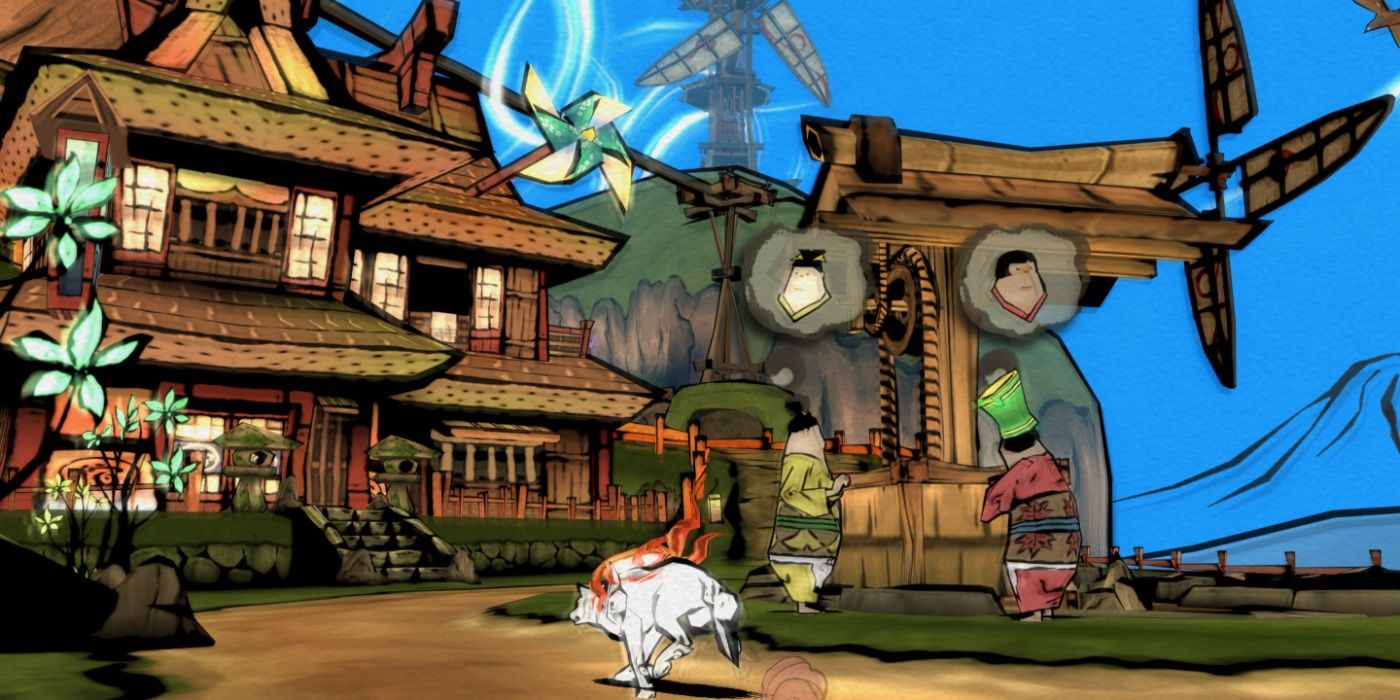
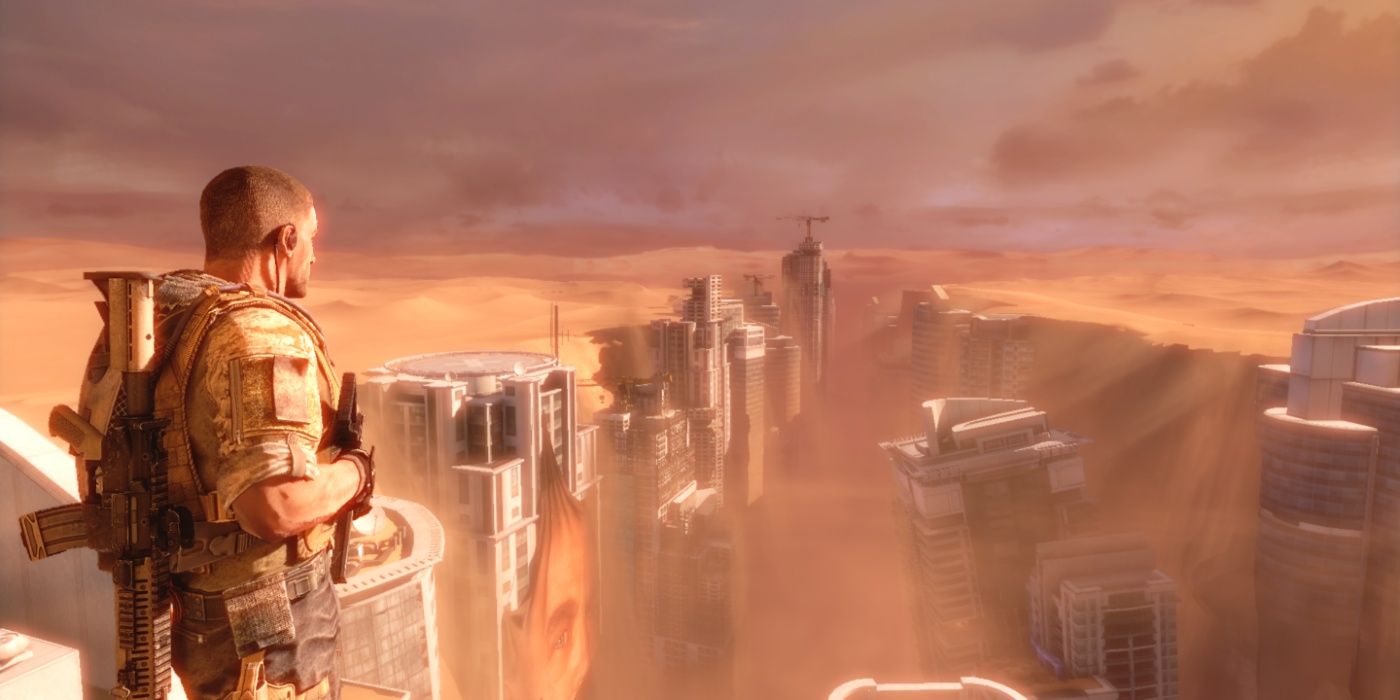
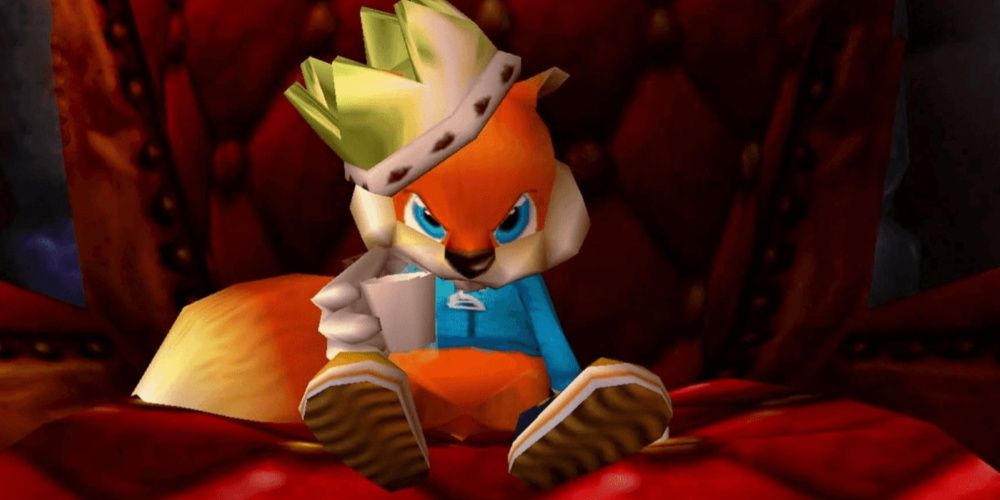
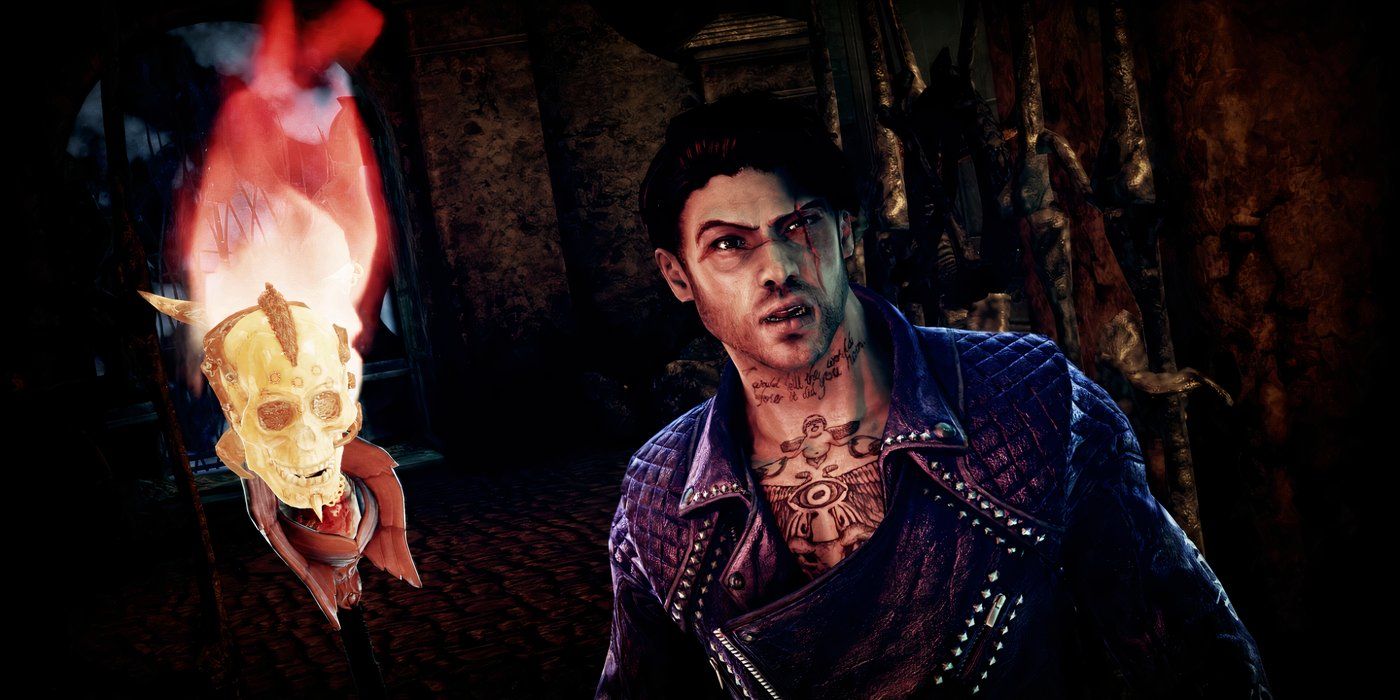




![Best Games Like Xenoblade Chronicles [2025 List] Best Games Like Xenoblade Chronicles [2025 List]](https://i0.wp.com/www.gamingscan.com/wp-content/uploads/2022/10/Best-Games-Like-Xenoblade-Chronicles.jpg?w=1024&resize=1024,1024&ssl=1)






![Best Magic Games [2025 Ultimate List] Best Magic Games [2025 Ultimate List]](https://i2.wp.com/www.gamingscan.com/wp-content/uploads/2022/12/Best-Magic-Games.jpg?w=1024&resize=1024,1024&ssl=1)